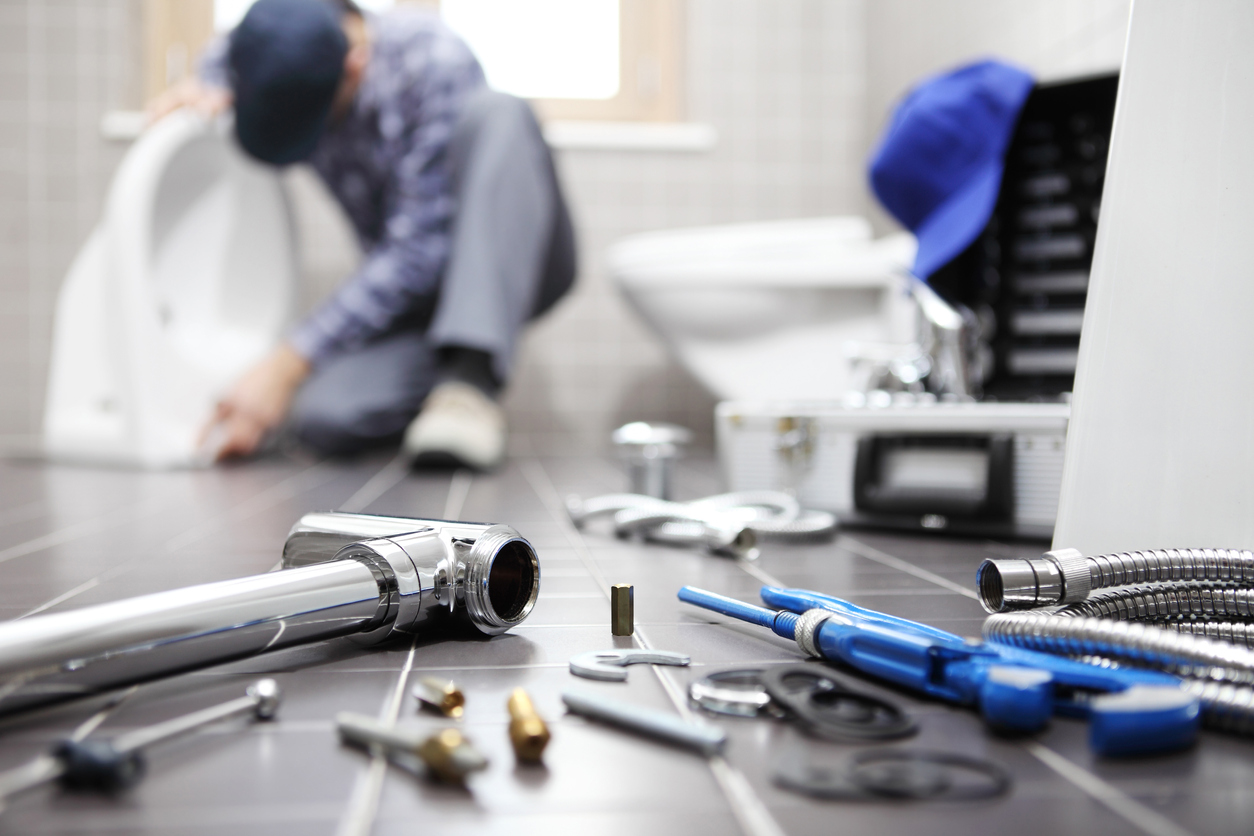The City is issuing a reminder to all residents to never wash cooking grease, fats or oils down the drains, which could cause blockages within your home plumbing and lead to flooding.
How to prevent sewer backups, blockages and potentially costly repairs

The City is issuing a reminder to all residents to never wash cooking grease, fats or oils down the drains, which could cause blockages within your home plumbing and lead to flooding.
Doing so causes grease buildups within the sewer system each year, which then must be removed to prevent them from clogging and flooding streets or homes, according to staff at the Wastewater Treatment Plant (WWTP).
“When grease is washed down the drain, it hardens and attaches to the walls of the plumbing. Over time, this buildup causes blockages within the sanitary sewers,” says WWTP supervisor Joel Mertz. “It can also cause clogs, odours or sewer backups at your home.”
Residents should also be aware that wet wipes advertised as being “flushable” should never be flushed. These wipes do not break down in water and plug pumps or bind with grease within the sewer lines.
In fact, the only items that should ever be flushed down the toilet are the 3 P’s: pee, poo and toilet paper.
Here is a list of the “unflushables,” which should never be washed down toilets or drains:
- Cooking oils, fats, grease, butter, lard
- Hygiene products including applicators, tampons or pads
- “Flushable" wipes, baby wipes
- Cotton swabs, dental floss
- Diapers
- Hair
- Cosmetics
- Household hazardous waste, including bleach, paint, pesticides, cleaning products, etc.
- Medications
How to prevent a problem
- Small amounts of grease can be poured into a container, such as a tin, and discarded into the garbage.
- Wipe grease from pots and pans with a paper towel before placing them in the sink or dishwasher.
- Medications and pharmaceuticals can be returned to your pharmacy to be disposed of properly.
About the Wastewater Treatment Plant (WWTP)
Penticton’s Wastewater Treatment Plant processes all the water that leaves our homes or businesses from sinks, tubs, drains and toilets. It began operation in 1948 and today is one of the most advanced wastewater treatment plants in North America, treating an average of 12 million litres of water each day.
The facility offers free tours to community groups and school classes who are interesting in learning more about the wastewater treatment process. To learn more or book your tour, visit penticton.ca/wastewater.
